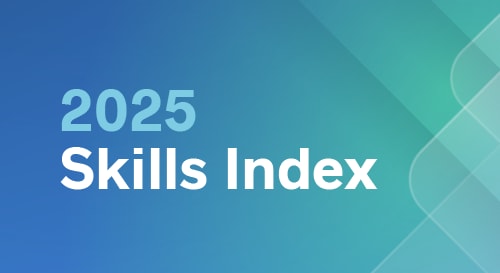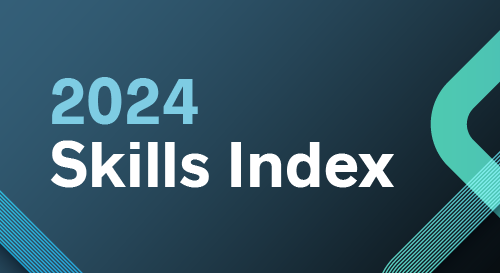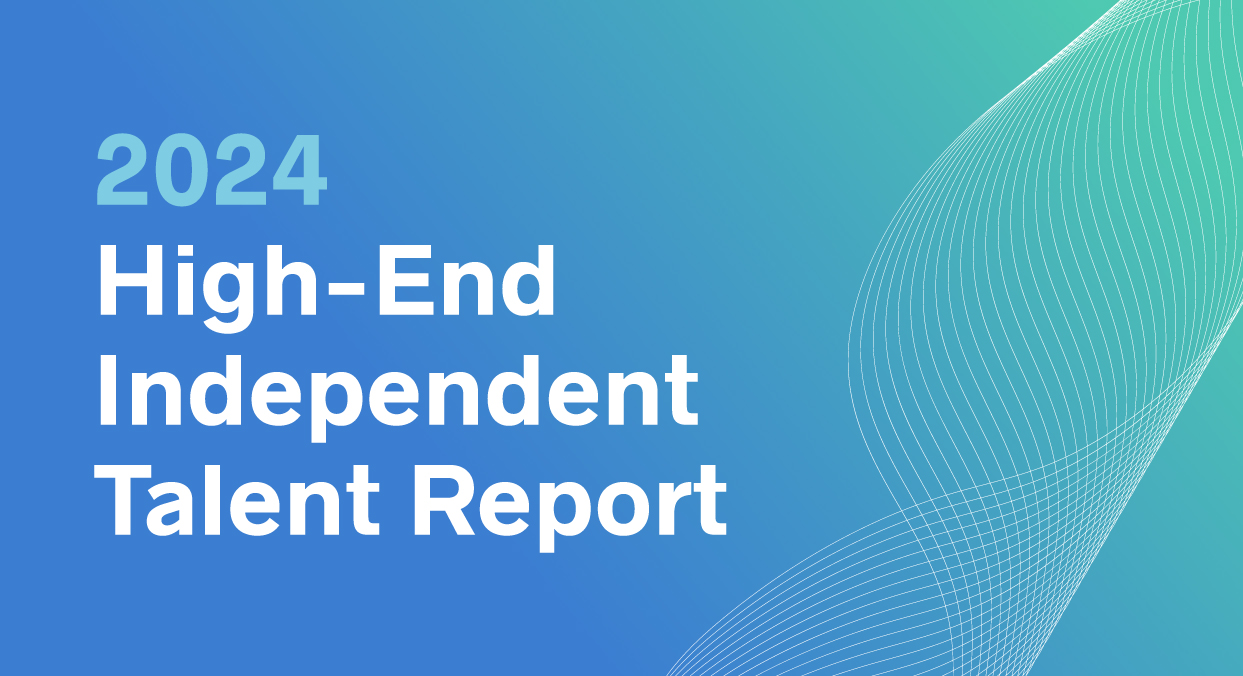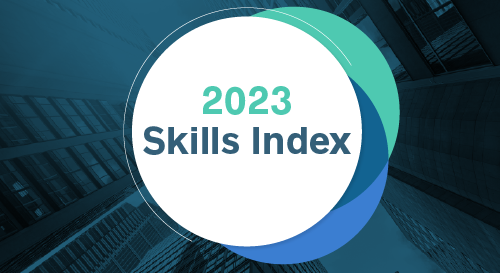
Engaging an independent consultant? Chances are, you already have a good sense of what the best person for your project looks like. Yet as you sift through resumes during your search, you’ll need to understand what to look for—and what you can ignore.
In almost every scenario, it’s more important to look at the holistic impact and substance of a candidate’s work, rather than any specific credential.
Here are six tips to guide you:
1. Make sure you have an actionable scope of work.
Crafting a scope of work creates a strong foundation for your project by helping identify key deliverables, milestones, and goals in order to track success later on.
It also allows you to pinpoint exactly what skills and capabilities your independent consultant needs to possess in order to accomplish the objectives set forth. The independent marketplace has experts in almost every field imaginable, from data science to supply chain strategy. The more precisely you scope your project, the better you’ll be able to pinpoint what you need to successfully accomplish your goals.
2. Be clear about the role you need your consultant to play.
One of the most exciting things about working with independents is the ability you have to customize the engagement. Do you need a behind-the-scenes advisor to offer experienced, yet unobtrusive, support? A project manager to keep complex, multi-stakeholder initiatives on track? Understand the role you need your consultants to play, and you can screen the independent consultant resumes for situations where they’ve done something similar for other organizations.
3. Figure out what’s truly critical.
It’s easy to get carried away as you develop a laundry list of your desired qualifications. But you’re far more likely to find the best consultant if you keep your expectations grounded in reality.
Use your scope of work to create an outline of the skills and capabilities your independent consultant needs to possess, then rank order them by necessity. Doing that will help you keep sight of what you absolutely need—and what’s a nice-to-have.
4. Be open to analogous experiences.
If you’re in the market for a subject-matter expert, you’ll need specific industry experience to make your project a success, whether it’s technology product management or pharmaceutical patient engagement. However, there are many times when strategic vision and consulting skills are more important than experience in any one industry.
Business Talent Group was approached by a multinational pharmaceutical company that was losing market share on a key product. The VP of Marketing was looking for a packaging expert to redesign the product to make it more appealing to consumers, while also meeting all regulatory requirements.
The client was highly skeptical when we presented the resume of an executive with deep consumer packaged goods experience but no pharmaceutical background. However, after meeting the consultant, they were won over by how well the executive’s skills and experience complemented the project’s end goals—and brought her on for a successful engagement.
The lesson? When you screen independent consultant resumes, keep an open mind about what kinds of experiences and credentials align best with your project needs.
5. Look for success in unexpected places
An independent consultant brings a fresh perspective to your project, so it’s important to evaluate candidates with a fresh perspective as well. Just because your previous rock-star CMO had a degree in chemical engineering doesn’t mean the interim executive you bring on to temporarily fill their shoes also needs to.
Instead, align your search with the skills and capabilities that you outlined in your scope of work and focus less on any one specific aspect of a previous hire’s career history. After all, it’s not always easy to tell what factors contributed to someone’s overall success.
6. Start formulating questions to ask in the interview
Once you’ve narrowed the independent consultant resumes to a short list, start drafting questions to ask when you’re interviewing independent talent. If resumes help you filter by past experiences and credentials, then interviews will help you answer the next most critical question—can you actually work with this person? Now is the time to figure out what questions you need to ask to explore their work styles, their thought process, and what they could potentially contribute to your project.
GET THE SKILLS YOU NEED
Thousands of independent consultants, subject matter experts, project managers, and interim executives are ready to help address your biggest business opportunities.
About the Author
Follow on Linkedin More Content by Alysha Khan



















